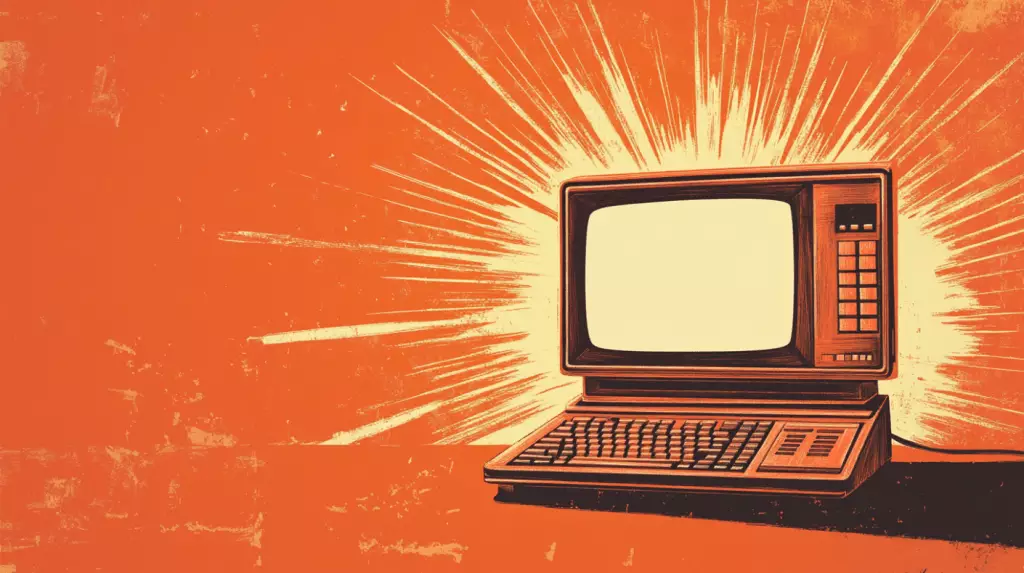The software development industry is on the brink of a transformative era marked by the rise of artificial intelligence (AI) coding assistants. With a market value exceeding $736 billion, the willingness of developers to embrace AI tools signals a significant shift away from traditional coding practices towards a more automated and efficient approach. This article delves into the implications of AI tools like Anthropic’s Claude, explores the dynamics of competition among major tech firms, and examines the potential effects on the labor market and educational systems.
Once treated with skepticism and hesitation by professional software developers, AI coding assistants have rapidly become vital tools within the industry. Claude, developed by Anthropic, leads the pack, with the company reporting a staggering 1,000% increase in coding-related revenue within a mere three-month span. Such figures not only highlight the effectiveness of the tool but also its burgeoning popularity among developers who seek immediate, efficient solutions to coding challenges. As Claude accounts for over 10% of all interactions, it is evident that AI’s influence in software development is far-reaching.
The success of Claude has elicited reactions from established competitors such as OpenAI, Google, and Meta, all eager to introduce or enhance their own coding assistant offerings. This fierce competition suggests a broader trend: the AI industry’s focus is shifting from generalist applications, like chatbots, toward specialized tools that drive tangible business outcomes. As these AI systems begin to mature, they promise to foster an environment ripe for enhanced productivity and innovation.
Alex Albert, Anthropic’s head of developer relations, attributes Claude’s remarkable success to its distinctive capabilities. Unlike previous models that operated with limited context, Claude can analyze an extensive range of tokens—equivalent to thousands of words—while maintaining coherence across different tasks. This computational prowess allows it to manage multi-file projects, intelligently edit code, and exhibit the discernment to delete unnecessary sections rather than merely appending more.
These capabilities have resulted in significant productivity gains for organizations that have adopted Claude. Reports indicate that GitLab users experience efficiency improvements ranging from 25% to 50%, while Sourcegraph noted an astonishing 75% surge in code insertion rates post-Adoption of Claude. More importantly, AI tools like Claude are democratizing coding capabilities, enabling non-technical staff across various departments—including marketing and sales—to create their own automation tools, thereby shifting the responsibility for tech solutions away from traditional IT departments.
The increasing accessibility of coding through AI raises questions not just about productivity but also about changes in the traditional developer role. As AI tools become competent in handling routine tasks, developers are likely to transition into more strategic roles, focusing on system architecture, innovation, and quality assurance. This evolution echoes historical shifts in technology: just as the advent of high-level programming languages did not eliminate the need for developers but instead expanded their capacities, AI tools serve as a new layer in the coding landscape.
However, the rapid evolution of AI in coding also comes with its own set of concerns. Warnings have surfaced regarding potential security vulnerabilities in AI-generated code, while labor groups have expressed anxieties about the long-term implications for employment in the development sector. Notably, platforms like Stack Overflow have reported a decline in new questions raised by programmers, suggesting that many developers are relying more heavily on AI assistance rather than engaging in problem-solving dialogue.
While the rise of AI coding assistants presents vast opportunities, it also introduces challenges that must be addressed. A study from Uplevel raises alarms about the growing incidence of bugs attributable to AI-assisted coding, which highlights concerns over code quality and maintenance. As developers cede certain responsibilities to AI, ensuring that outputs remain reliable and secure will be imperative.
Further complicating matters is the shifting landscape of software education. As enrollment in traditional coding bootcamps wanes in favor of AI-centric programs, it raises questions about the evolving nature of technical literacy. Future coding education programs may need to adapt, emphasizing a foundational understanding of coding principles while leveraging AI tools as part of the learning experience.
Through this evolution, the divide between developers and end-users is poised to shrink. Technical proficiency will become increasingly ubiquitous, with AI serving as a bridge for users who possess the creative vision but lack the technical know-how. As Alex Albert suggests, the trajectory of coding is one where abstraction layers rise, facilitating easier entry for those new to the field.
The software development landscape is undoubtedly changing, and AI tools like Claude are at the forefront of this transformation. As developers leverage these groundbreaking technologies to redefine productivity, collaboration, and innovation, a future where the boundaries between technical roles blur into a more integrated model seems inevitable. While challenges remain, the potential for AI to reshape how software is built and who builds it holds promise for a more dynamic and inclusive technological landscape. This new era heralds exciting opportunities for developers and non-developers alike, poised to unlock the creative potential of the masses.

